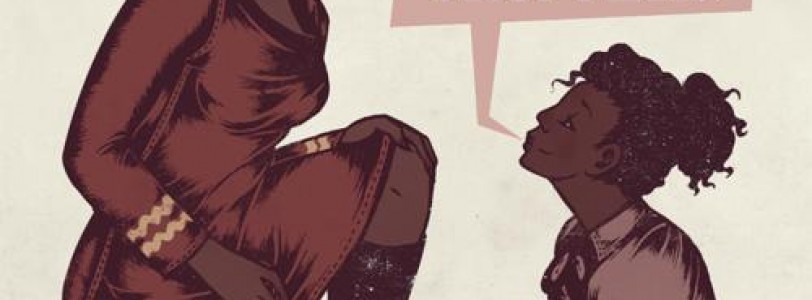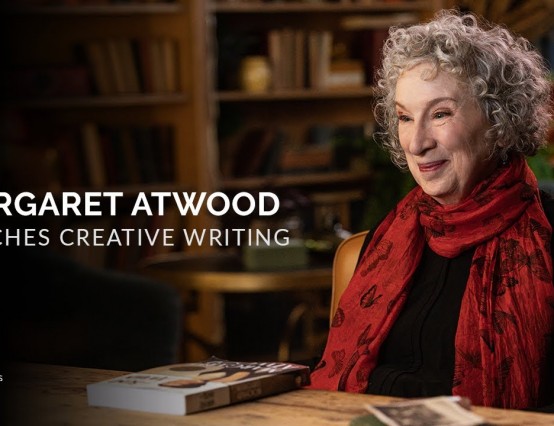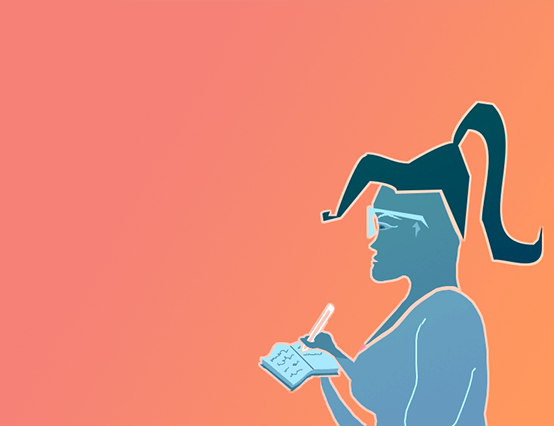What is representation? In recent times it appears to be a hot issue that is discussed endlessly, but one that I cannot seem to find a lot of clarity on. This is because for many it is a personal, subjective issue. Growing up when I was younger, I could see myself in the shows I watched and the cultures/ideas displayed. However, for people who weren’t straight, or cis-gender or white, there seemed to be pathetically little. Media, whether it be movies, tv shows, or even video games is something we all consume and are influenced by, so knowing that according to a study in 2015 by UN Women shows that only 23% of films feature a female protagonist or that according to YouGov, 58% of black Americans say that while growing up, it was difficult to find role models who looked like them on movies or TV. When I first began my research into representation in media, like many ignorant people, I thought it was something that had improved to the point it wasn’t that big of an issue anymore. If you even insinuate that perhaps a woman or a person of colour should play a role near platforms such as Twitter, you are sure to be bombarded by endless complaints about ‘pandering’, or claims that it isn’t even an issue anymore (looking at you, endless videos criticizing the 13th Doctor before she’d even attempted anything). As these statistics, and what we continue to see on our screens prove, this couldn’t be further from the truth.
Media is almost inescapable at this point, we are constantly bombarded with movies, shows and other forms of it. This becoming an aspect of life is unavoidable for most who own at least one piece of tech, but this otherwise harmless form of entertainment can become problematic if it just displays the same narrative and perspective. ‘So what?’ you may think ‘it’s not like it matters’, but it does in fact matter, a lot. According to Darnell Hunt, director of the Ralph J. Bunche Center for African American Studies at UCLA, ‘the more media you consume, the more likely it is that media - almost like radiation -builds up’. This essentially means that your views and opinions about a whole range of topics can be influenced by media. This can happen in small ways, adverts making you want to buy a certain product or shows creating a positive association around certain brands through product placement, but it can also lead to some more sinister side effects. Until recent years, and even nowadays, media has portrayed certain groups in a negative light through reinforcing stereotypes. We can see it in shows such as the Big Bang Theory which portrays masculinity in a rather toxic way, as well as portraying women as objects to own, a mark of pride in a sense. Or in popular media tropes such as the ‘white saviour’ trope which essentially implies that white people are superior to other races at anything, usually meaning that a white character will come and save the character from an ethnic minority or sometimes a woman, which also begins to tie into colonialist ideas. These are uncomfortable, but necessary acknowledgments to make, and it’s why it is so important we asses what we are watching with a critical eye. Next time you watch your favourite show, consider the underlying narrative, is it portraying minorities in a positive light? You’d be surprised what some shows are saying about certain groups when you take a look underneath the surface. For the longest time POC and women have been typified by negative stereotypes in media, from a nagging wife to having black men be portrayed as aggressive or have a gay man be feminine, they are a constant that needs to stop, because watch enough of this uncritically and you’ll begin to believe it. This doesn’t mean to say that certain features of a personality cannot be present in people, I am a fairly bossy person but that isn’t all there is to me. Stereotypes dehumanise people to one trait, not only is it bad writing but it can be very demoralising to people who have to watch themselves represented so negatively, because stereotypes are hardly ever positive.
So, how can these issues be resolved? The most obvious answer is to include members of these minorities in media. This is something that has been steadily improving over the years, with movies such as The Farewell by Lulu Wang drawing on her own experiences of coming from two separate cultures (American-Chinese). It is good that films such as these are being nominated for Academy Global Awards, with the lead Awkwafina winning Best Actress for comedy, but representation needs to also just become a fact of life. Because our world is diverse and our media should reflect that. That’s why, while movies such as The Farewell are so important, so are movies like The Half of It, a Netflix rom-com focusing on a girl who loves another girl. There is no big focus on the struggles faced by LGBT youth, it’s not made into a ‘big deal’ which is also important for minorities, as they deserve to also be treated like humans and not stigmatised in media, they are so much more than their identities and it’s important for directors and show-runners to recognise an reflect that. The more we integrate diversity and representation into the media we consume, the more our world will grow to be an accepting and understanding place. Movies, shows, video-games, they all allow us to experience what it’s like to be in someone else’s shoes, that’s the biggest focus, immersion. So why should that person always be white, male or straight?









0 Comments